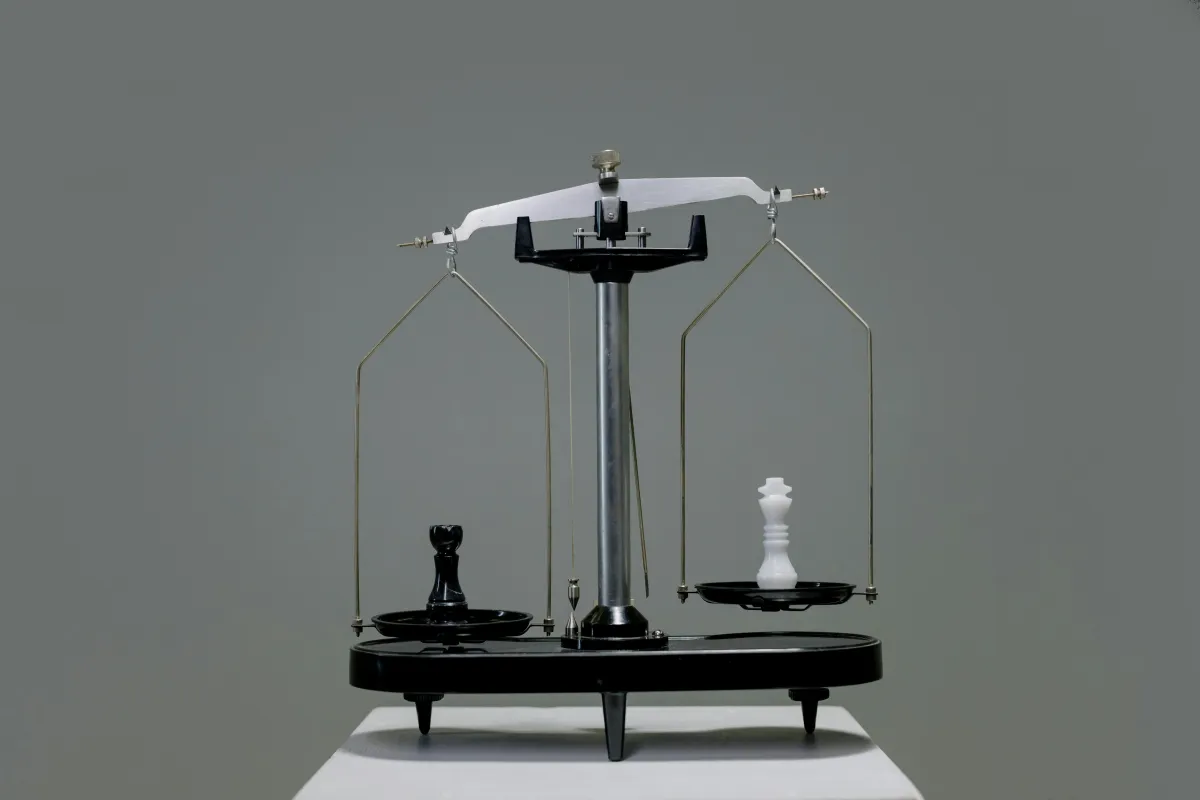
DPC vs. Traditional Medical Insurance: Which Healthcare Model Is Right for You?
DPC vs. Traditional Medical Insurance: Which Healthcare Model Is Right for You?
Choosing the right healthcare model can feel a bit like picking between your favorite ice cream flavors—each has its perks, but which one satisfies your cravings best? Let’s dive into the world of Direct Primary Care (DPC) and traditional medical insurance to help you make an informed decision about your healthcare.
Understanding Direct Primary Care (DPC)
Direct Primary Care is a model where patients pay their primary care providers a flat monthly or annual fee. In return, they receive unlimited access to their doctor without the hassle of insurance billing. Think of it as a VIP membership for your health!
According to the American Direct Primary Care Association, DPC emphasizes building strong relationships between patients and doctors, focusing on personalized and accessible care.
Understanding Traditional Medical Insurance
Traditional medical insurance involves paying premiums to an insurance company, which in turn covers a portion of your healthcare costs. This model often includes copayments, deductibles, and a network of healthcare providers you can visit.
The HealthCare.gov defines traditional insurance as a way to share healthcare costs with an insurance provider, offering access to a wide range of medical services and specialists.
Comparing Costs
Cost is a significant factor when choosing a healthcare model. With DPC, the predictable monthly or annual fee can simplify budgeting and often includes most primary care services.
On the other hand, traditional insurance might have lower upfront costs in terms of monthly premiums but can lead to unexpected expenses through copayments and deductibles. The Mayo Clinic highlights that out-of-pocket costs can add up, especially if you require frequent medical attention.
Comparing Access
DPC offers enhanced access to your primary care physician, often including same-day or next-day appointments and direct communication via phone or email.
Traditional insurance may require longer wait times for appointments and navigating a network of providers, which can sometimes limit immediate access to your preferred doctor. Because traditional insurance doesn't guarantee access to your preferred doctor, just that you have coverage to see A doctor.
Comparing Personalized Care
One of the standout features of DPC is the personalized care you receive. Without the pressure of insurance billing, doctors can spend more time understanding your unique health needs. They have the time to teach you how to listen to the needs of your body, so that you are able to be more proactive in your health journey.
Traditional insurance settings often involve shorter appointment times and a more transactional relationship, which can sometimes limit the depth of patient-doctor interactions. They teach you just enough that you trust them and continue to return for them to answer your questions about your body.
Comparing Overall Value
Overall value depends on your personal health needs and financial situation. DPC can offer a more straightforward and personalized approach, potentially leading to better health outcomes and satisfaction. But it is an out of pocket expense that you have to budget for monthly or yearly.
Traditional insurance provides broader coverage for a variety of medical services and specialists, which can be beneficial if you have complex healthcare needs or require specialized treatments. Best for those people that need an entire team managing their healthcare needs.
Making the Right Choice for You
Ultimately, the right healthcare model for you depends on your priorities. If you value personalized care, predictable costs, and easy access to your primary doctor, DPC might be the way to go. However, if you need comprehensive coverage for a wide range of medical services and prefer the security of a traditional insurance plan, sticking with traditional insurance could be more suitable.
Conclusion
Both Direct Primary Care and traditional medical insurance have their unique advantages. Assessing your healthcare needs, financial situation, and personal preferences will help you decide which model aligns best with your lifestyle.
Ready to Explore Your Healthcare Options?
Discover how Direct Primary Care can transform your healthcare experience. Learn more about our primary care services at Monarch Ideal Care.
